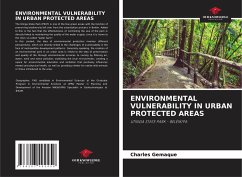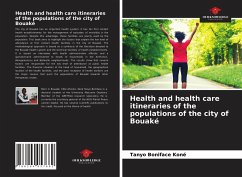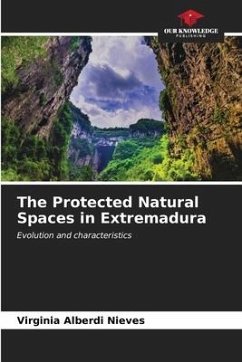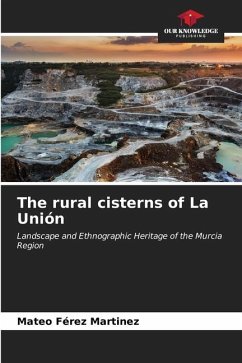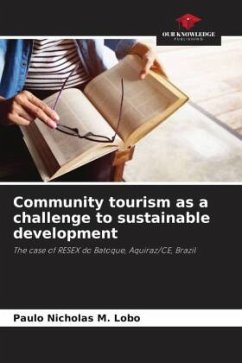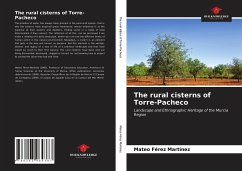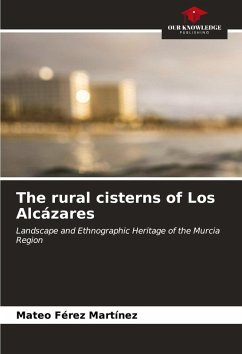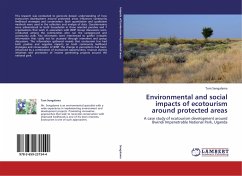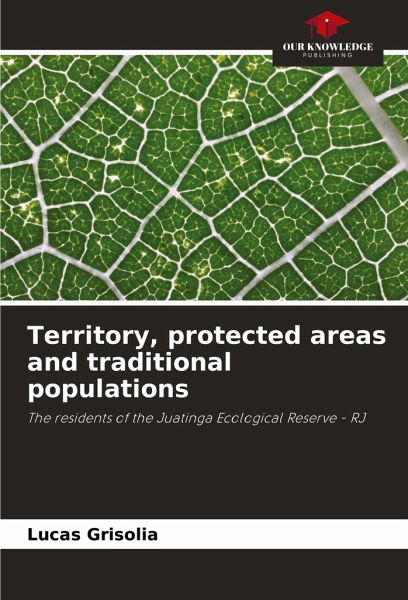
Territory, protected areas and traditional populations
The residents of the Juatinga Ecological Reserve - RJ
Versandkostenfrei!
Versandfertig in 6-10 Tagen
36,99 €
inkl. MwSt.

PAYBACK Punkte
18 °P sammeln!
This monograph presents an analysis based on the geographical concept of territorial interpretation. It analyses the extent to which the creation and implementation of a conservation unit contributes to maintaining the culture of traditional populations. The case of the Juatinga Ecological Reserve, located on the south coast of Rio de Janeiro, in the municipality of Paraty/RJ, was chosen. It was necessary to study the different conceptions of territory, the history of the ideal of conservation that resulted in the creation of protected areas and Brazilian legislation on conservation units. In ...
This monograph presents an analysis based on the geographical concept of territorial interpretation. It analyses the extent to which the creation and implementation of a conservation unit contributes to maintaining the culture of traditional populations. The case of the Juatinga Ecological Reserve, located on the south coast of Rio de Janeiro, in the municipality of Paraty/RJ, was chosen. It was necessary to study the different conceptions of territory, the history of the ideal of conservation that resulted in the creation of protected areas and Brazilian legislation on conservation units. In addition, it was necessary to characterise the social actors present in the Juatinga Ecological Reserve: the traditional caiçara population, the environmental management body responsible and the environmental managers working in the area. An exploratory investigation of the reserve was also carried out. We can conclude that the various interests present in the creation and implementation of the conservation unit directly interfere with the maintenance of caiçara culture.





![Localitude[s] - The Territory, a Binding Identity in Guyana Cover Localitude[s] - The Territory, a Binding Identity in Guyana](https://bilder.buecher.de/produkte/62/62303/62303798n.jpg)
